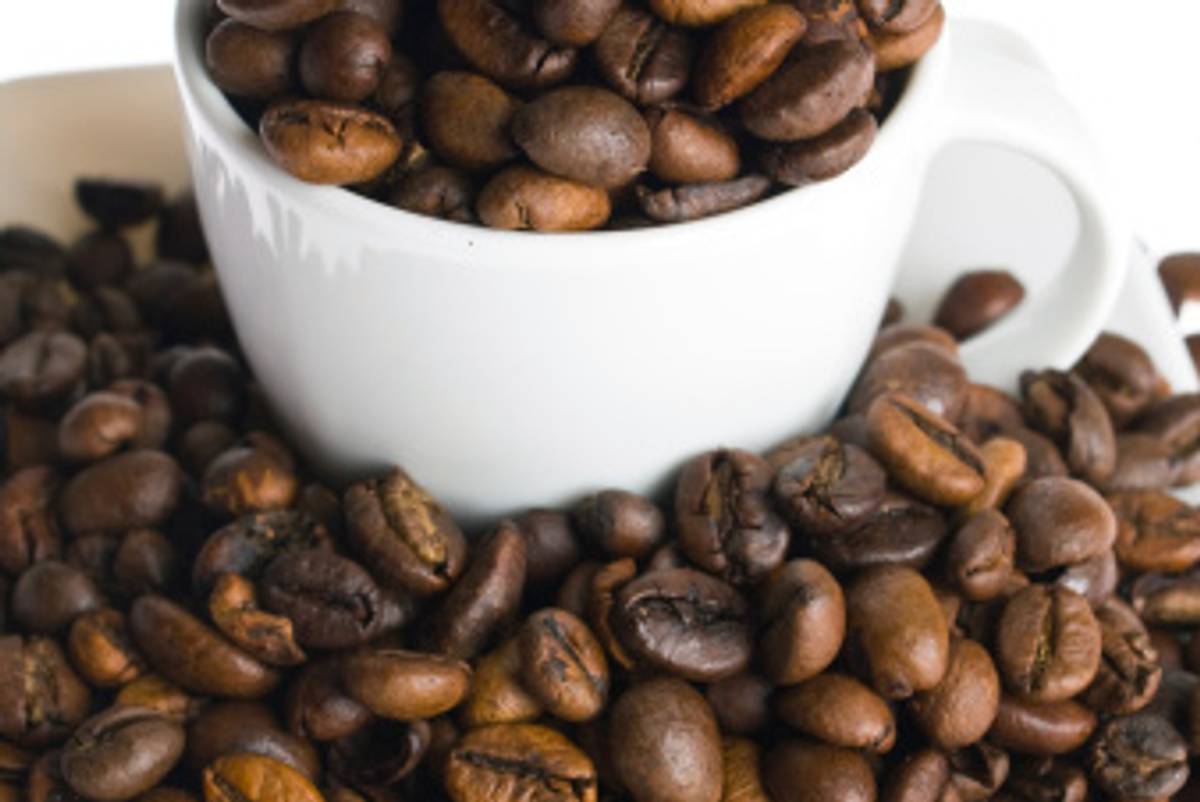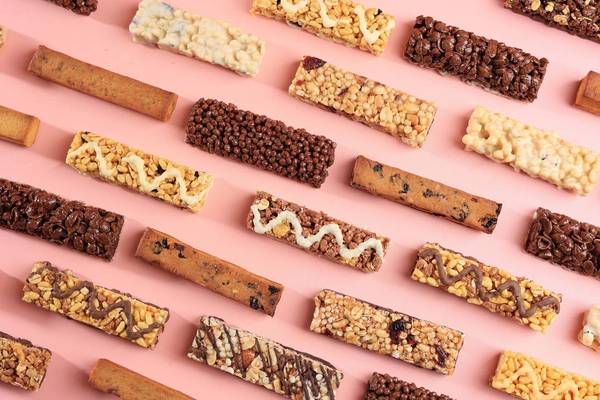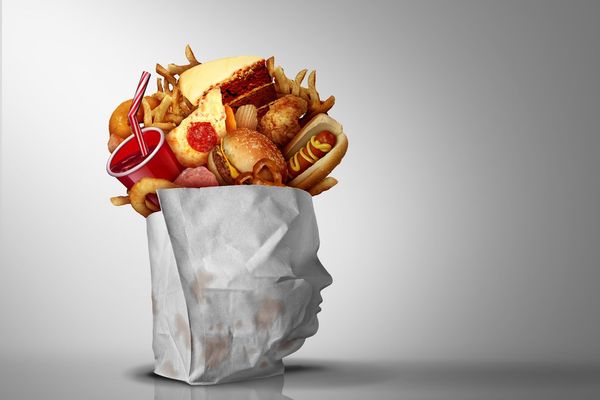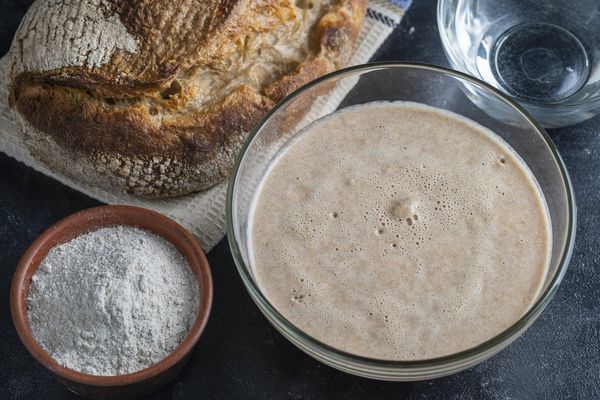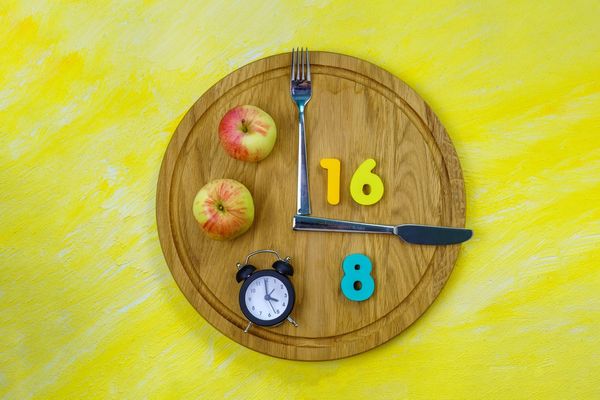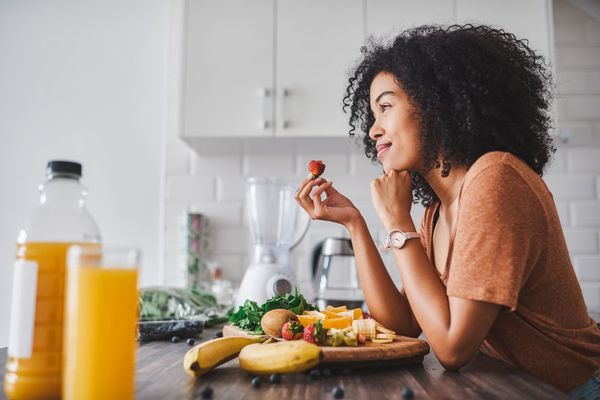I first tasted coffee when I was 16. After seeing the movie Butch Cassidy and the Sundance Kid, my date took me to a local IHOP and confidently ordered us both short stacks plus a carafe of coffee.
I don't remember much about the movie, but I do remember a lot about the coffee: in my attempt to appear sophisticated and worldly, I drank it … but slowly and without enthusiasm. I had never tasted coffee before, and I realized why. To me, it was nothing but a bitter-tasting, unnecessary way to hydrate. I'd much rather have juice or a Diet Coke (both of which I eschew today).
Coffee was something I associated with housewives and truckers. It was also something I thought was unnecessary and unhealthful (mainly because it was often associated with smoking cigarettes). Why housewives and truckers? Housewives because of the television programs that showed a woman in an apron tending the stove, then sitting down for a cup of coffee with the neighbor who always dropped by; truckers because of their tendency to drink heaps of it to stay awake for those long-distance hauls.
Since then, I've learned to love coffee. Perhaps my taste buds finally appreciated its taste. Or my lifestyle slowly adapted. Plus, now I know about coffee's health perks.
Coffee's long history of bad associations—among them stunted growth, heart disease and even cancer—has been disproven. And, instead, emerging research points to coffee's many health benefits. While it may not the best choice for everyone—pregnant women and people who have trouble controlling their blood pressure among them—for most people, coffee's health benefits outweigh its risks.
Among the risks: high consumption of unfiltered coffee (as in Turkish or French-pressed preparations) is associated with slight elevations in cholesterol levels. That's from a substance called cafestol, which stimulates LDL (bad) cholesterol. Cafestol is left behind when you use a paper filter.
MORE: Midlife Minute: The Drink That Might Beat Depression
And for people with a specific genetic mutation that slows the breakdown of caffeine in the body, two or more cups of coffee a day can increase the risk of heart disease.
But on the other side of the spectrum are the many protective health benefits that coffee can confer: it may protect against things like Parkinson's disease, liver cancer and type 2 diabetes.
Coffee is not just a way to get some caffeine; it contains hundreds of different compounds, including antioxidants. Antioxidants are vitamins, minerals and other nutrients that can help protect your cells and repair the damage caused by free radicals (molecules responsible for aging and tissue damage).
READ: 21 Easy Ways to Get Diabetes
In fact, coffee is one of the richest sources of healthful antioxidants in the average person's diet. While some studies suggest that caffeine—also available via tea, cocoa and other foods—can protect against Alzheimer's and stroke, other studies cast doubt on this connection.
MORE: Foods Rich in Antioxidants for Healthy Aging
But what is now certain is that coffee drinking is not an unhealthy habit for most people. Rather, coffee drinkers may have a lower risk of certain diseases, as well as reduced risk of death from cardiovascular disease, compared with non-coffee drinkers or those who rarely drink it.
Studies show it's safe for many people to drink up to six cups a day. But keep some things in mind: if drinking this much gives you tremors, makes you anxious and stressed and ultimately sleepless, you need to cut back. Also, all "cups" are not created equal. A "cup" of coffee is not a Grande at your local coffee hangout (which has about 330 milligrams of caffeine), but rather an 8-ounce cup containing 100 milligrams of caffeine.
Finally, watch what you add to all those cups: sugar and cream can tack on lots of calories.
Of course, the best way to improve your health is not just to drink coffee but also to focus on other lifestyle factors like exercising regularly, quitting smoking and eating more whole grains, fresh fruits and veggies. Getting enough sleep and minimizing your stress aren't bad, either.
If all those things could all come in a cup, it would be easy, wouldn't it?
Starbucks (you've heard of them, right?) offers some helpful tips for preparing coffee at home:
Proportion: Two tablespoons of freshly ground coffee for every 6 ounces of water.
Grind: If the grind is too fine, the coffee can be bitter and unpleasant. If it's too coarse, the coffee can be watery. The grind required is determined by the brewing method.
Water: Because a cup of coffee is 98 percent water, use clean, fresh water. Avoid water from water softeners, distilled water and any other water with a strong taste. If you don't like the taste of your local water, you may want to use filtered or bottled water when brewing.
Freshness: Coffee is perishable. Unopened bags should be stored at room temperature. Once the bag is opened, store in an opaque, airtight container at room temperature. After it's brewed, it's best to store coffee in a thermal carafe. Coffee that is left sitting on the burner of a home machine will begin to taste bad after about 20 minutes. Never reheat coffee.

